AI PCs will ‘become the norm’ by 2029 as enterprise and consumer demand surges
A divide on AI PC preferences is emerging between the consumer and enterprise markets

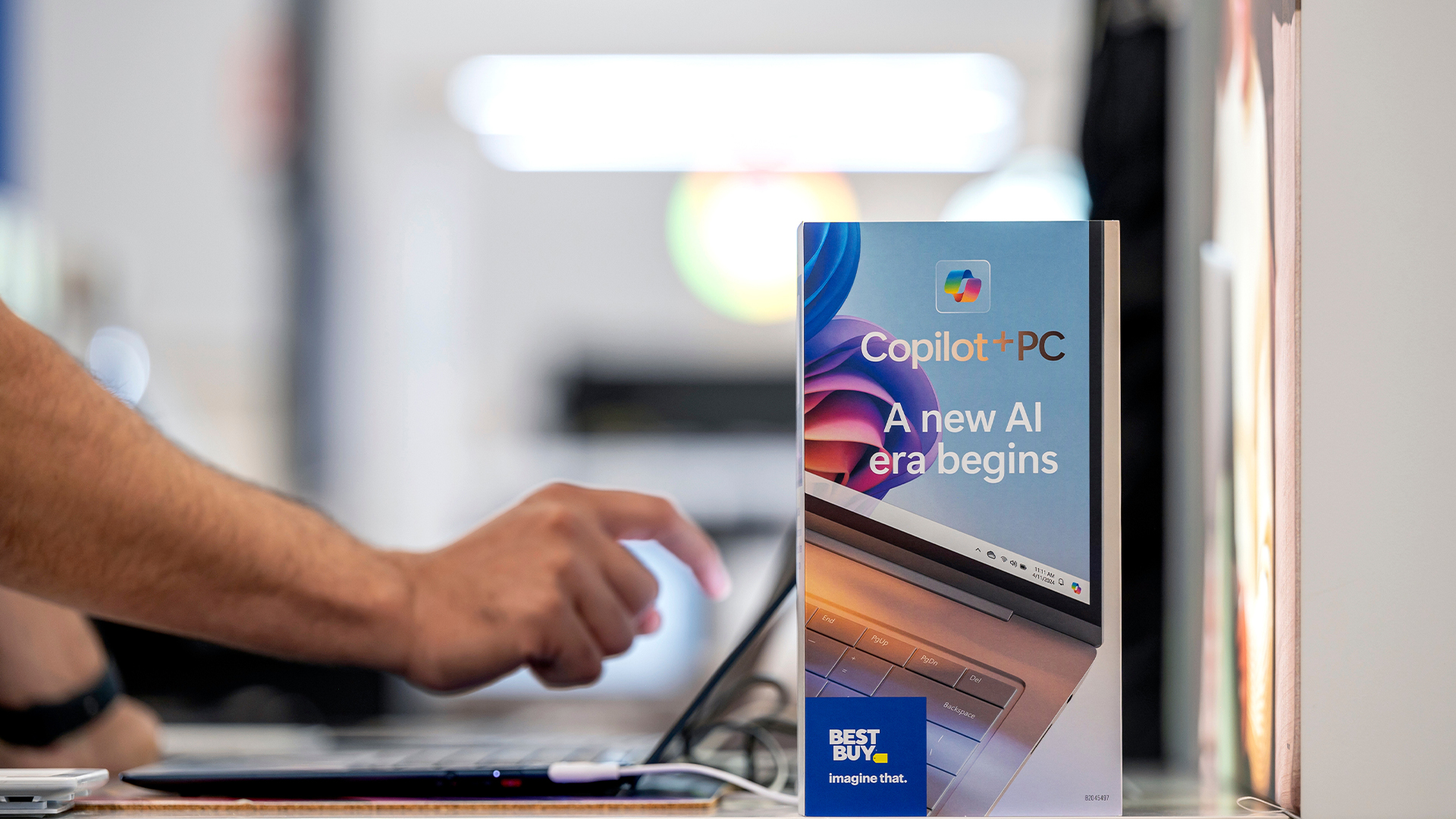
Sign up today and you will receive a free copy of our Future Focus 2025 report - the leading guidance on AI, cybersecurity and other IT challenges as per 700+ senior executives
You are now subscribed
Your newsletter sign-up was successful
AI PCs are expected to make up a significant portion of the total PC market by the end of 2025, according to new research from Gartner.
Analysis from the consultancy shows AI-powered devices will account for 31% of the global market by the end of this year, with total shipments expected to reach over 77 million units.
This growth rate is projected to continue well into 2026, Gartner noted, with 143 million units shipped and AI PCs expected to command a 55% share of the overall PC market.
“By 2029, AI PCs will become the norm,” Gartner said.
Challenges are expected, however. Ranjit Atwal, senior director analyst at Gartner, said while AI PCs are “reshaping the market” their adoption has slowed slightly due to tariffs and “pauses in PC buying caused by market uncertainty”.
“Nevertheless, users will invest in AI PCs to ensure they are prepared for the growing integration of AI at the edge,” he added.
Enterprise and consumer demand is ramping up
Notably, a divide is emerging between consumer and enterprise preferences on AI PCs, Gartner found.
Sign up today and you will receive a free copy of our Future Focus 2025 report - the leading guidance on AI, cybersecurity and other IT challenges as per 700+ senior executives
“Their decision primarily revolves around the choice of AI PC processor platform,” the consultancy said. Gartner forecasts that Arm-based laptops, for example, will command a larger share of the consumer market due to application compatibility challenges.
In the business segment, however, decision-makers typically prefer x86 on Windows, which is projected to account for 71% of the AI laptop market in enterprise domains this year.
Software availability and customization is also a key factor in purchasing decisions, Gartner revealed, which is prompting a rethink among vendors in terms of integration.
By the end of 2026, 40% of software vendors are expected to “prioritize investment in AI capabilities” directly on devices, marking a huge increase from just 2% in 2024.
“The future of AI PCs is in customization,” Atwal commented. “It lets users configure their devices with the apps, features and functions they want. The more users interact with a vendor’s AI PC, the better the vendor understands them, allowing for ongoing improvements and stronger brand loyalty.”
The AI PC goldrush continues
AI PCs have become a key focus for device manufacturers over the last two-and-a-half years, representing a route out of sluggish post-pandemic sales. Former Intel CEO Pat Gelsinger said AI PCs would be the “star of the show” in 2024.
While this didn’t quite materialize, more recent research shows pending device refresh cycles, combined with Windows 10 end of life in October this year, means enterprise interest is ramping up.
Analysis from IDC in March 2025 found eight-in-ten IT decision makers plan to invest in AI PCs this year, with the consultancy projecting that these devices will represent 93% of the market by 2028.
IT decision makers are excited at the prospect of equipping staff with AI-powered devices, the study noted.
Eight-in-ten also believe they will have a positive impact on employee efficiency, for example, with on-device AI capabilities helping to eliminate repetitive tasks and drive productivity.
Make sure to follow ITPro on Google News to keep tabs on all our latest news, analysis, and reviews.
MORE FROM ITPRO
- AI PCs are paying dividends for HP as firm reports sales skyrocket
- Are Copilot+ PCs finally ready for the enterprise?
- AI PCs not yet understood well enough to deliver full benefits, study suggests

Ross Kelly is ITPro's News & Analysis Editor, responsible for leading the brand's news output and in-depth reporting on the latest stories from across the business technology landscape. Ross was previously a Staff Writer, during which time he developed a keen interest in cyber security, business leadership, and emerging technologies.
He graduated from Edinburgh Napier University in 2016 with a BA (Hons) in Journalism, and joined ITPro in 2022 after four years working in technology conference research.
For news pitches, you can contact Ross at ross.kelly@futurenet.com, or on Twitter and LinkedIn.
-
 Salesforce targets telco gains with new agentic AI tools
Salesforce targets telco gains with new agentic AI toolsNews Telecoms operators can draw on an array of pre-built agents to automate and streamline tasks
-
 Four national compute resources launched for cutting-edge science and research
Four national compute resources launched for cutting-edge science and researchNews The new national compute centers will receive a total of £76 million in funding
-
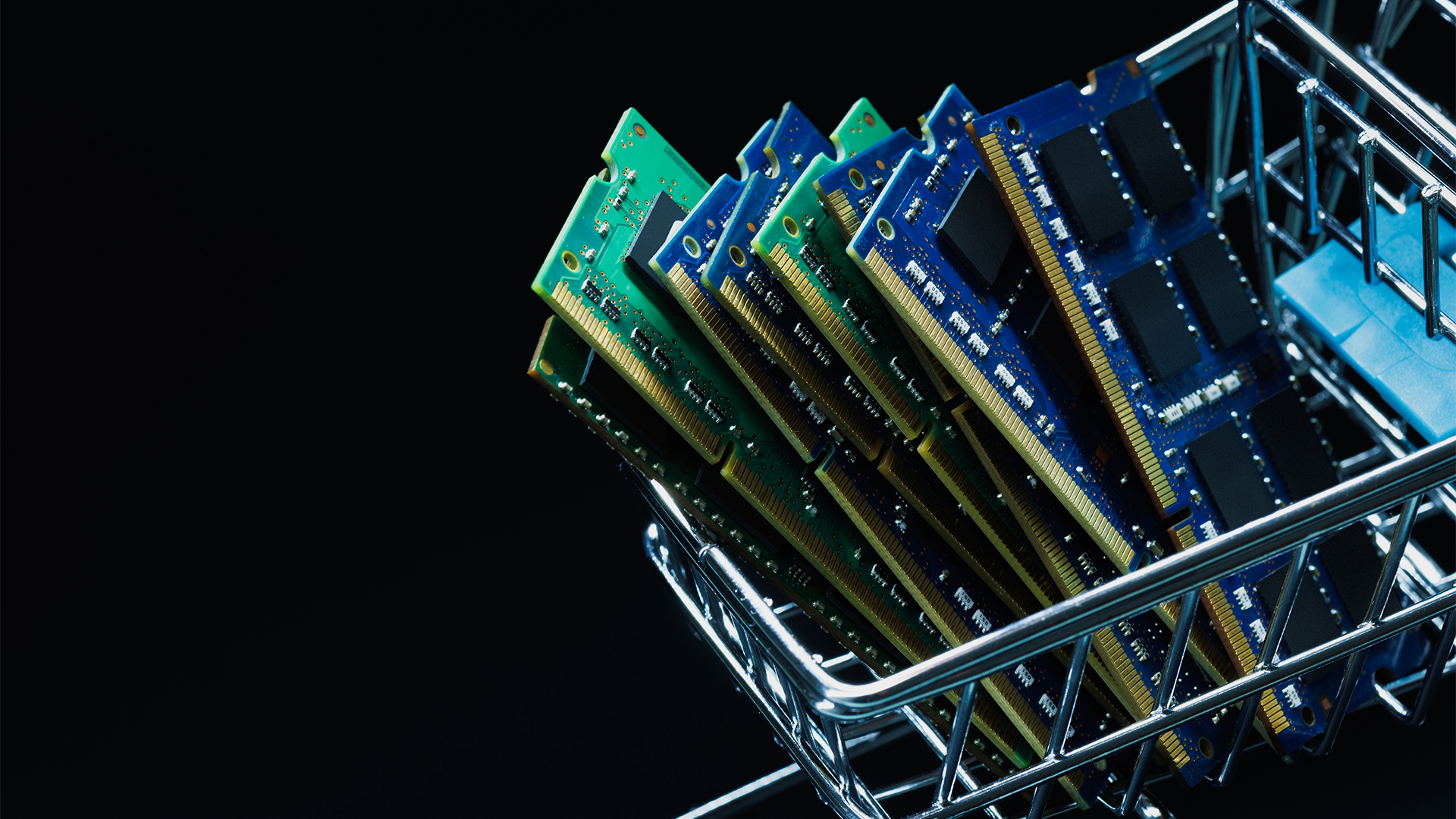 ‘This is the lowest level of device shipments witnessed in over a decade’: Memory cost increases have reached a critical level – PC sales are set to drop by 10% in 2026 as enterprises stretch out device lifetimes
‘This is the lowest level of device shipments witnessed in over a decade’: Memory cost increases have reached a critical level – PC sales are set to drop by 10% in 2026 as enterprises stretch out device lifetimesNews Ongoing memory cost increases mean enterprises and consumers alike are holding onto devices for longer
-
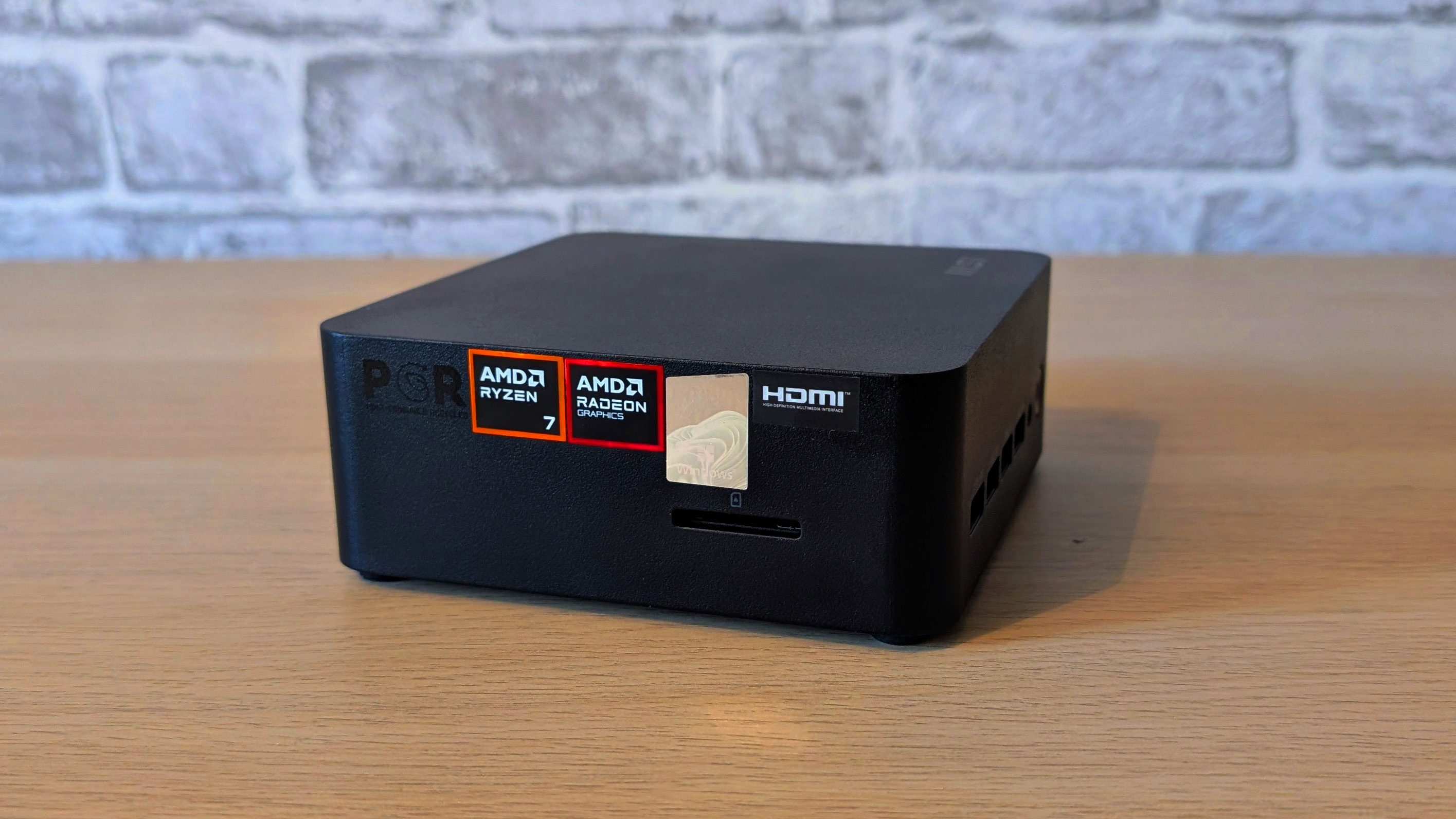 The MSI Cubi Z AI 8M is an affordable mini PC with powerful AMD Radeon graphics – but they really shouldn't have bothered with the speakers
The MSI Cubi Z AI 8M is an affordable mini PC with powerful AMD Radeon graphics – but they really shouldn't have bothered with the speakersReviews An AMD-powered mini PC with a plethora of ports, strong performance, and an attractive price tag
-
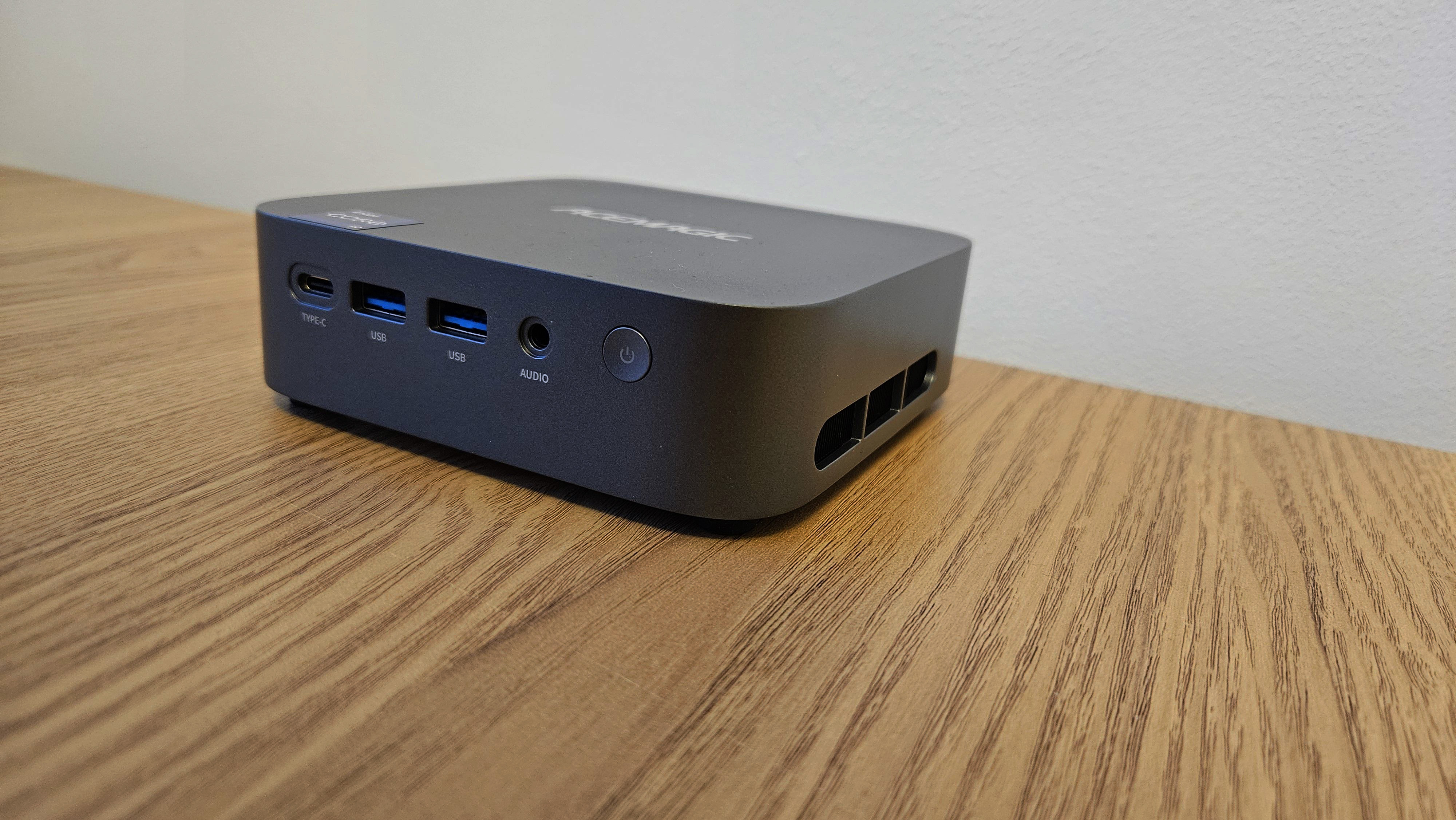 The Acemagic Matrix Mini M1 is stylish and versatile – and it's surprisingly affordable
The Acemagic Matrix Mini M1 is stylish and versatile – and it's surprisingly affordableReviews The Intel-powered Acemagic is a smart-looking machine with plenty of connectivity options and a reasonable price
-
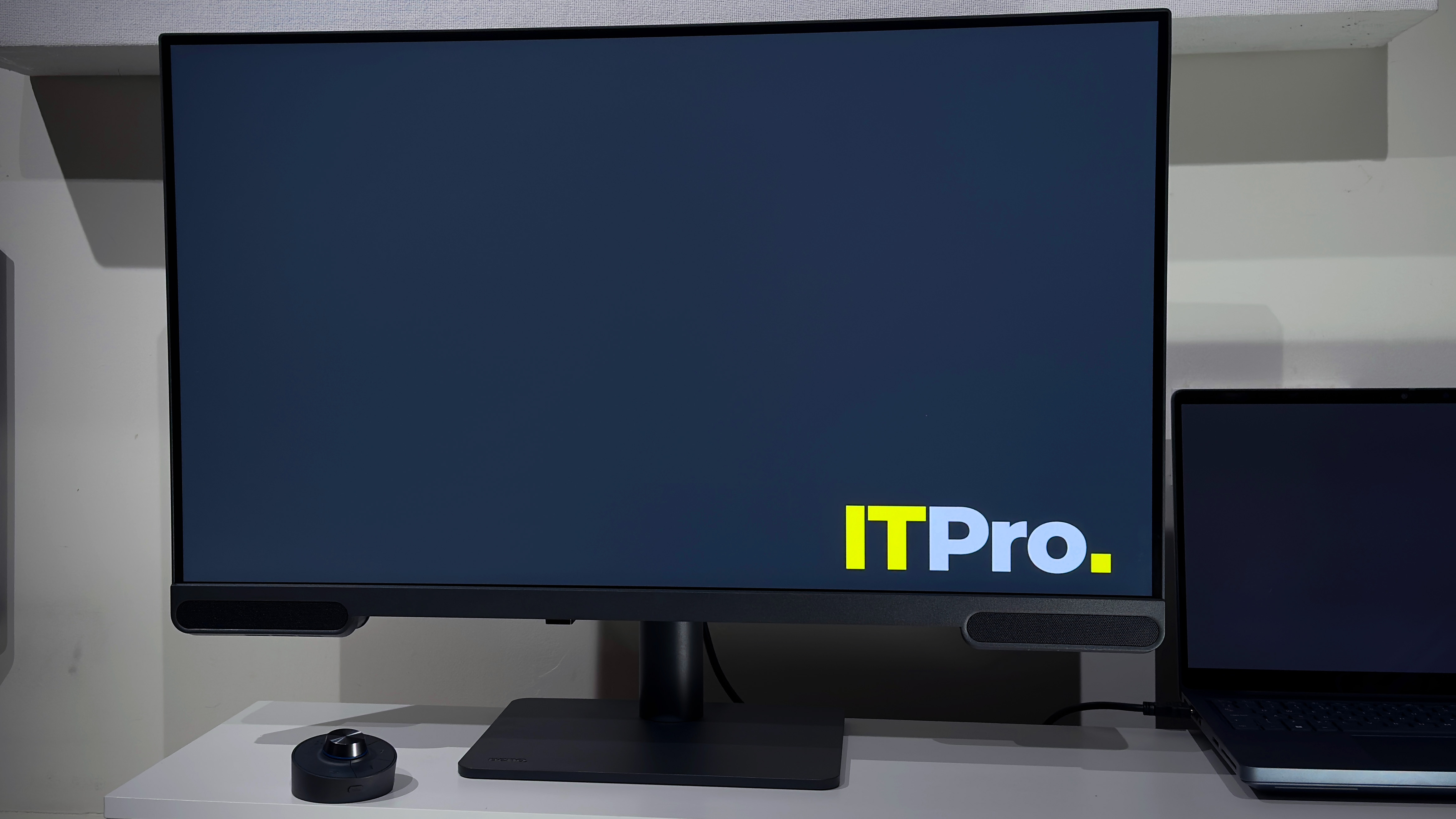 BenQ PV3200U monitor review: Big value for content creators
BenQ PV3200U monitor review: Big value for content creatorsReviews A £699 32-inch 4K monitor for video editing – but it needs a few cuts to appeal to its target audience
-
 Wasabi has big plans for its EMEA partner program in 2026
Wasabi has big plans for its EMEA partner program in 2026News The cloud storage vendor’s new-look channel initiative includes a new Systems Integrator program
-
 Why hardware matters when it comes to moving from AI fiction to AI fact
Why hardware matters when it comes to moving from AI fiction to AI factSupported GPUs, networking, and smart devices are as much the story of AI success as software
-
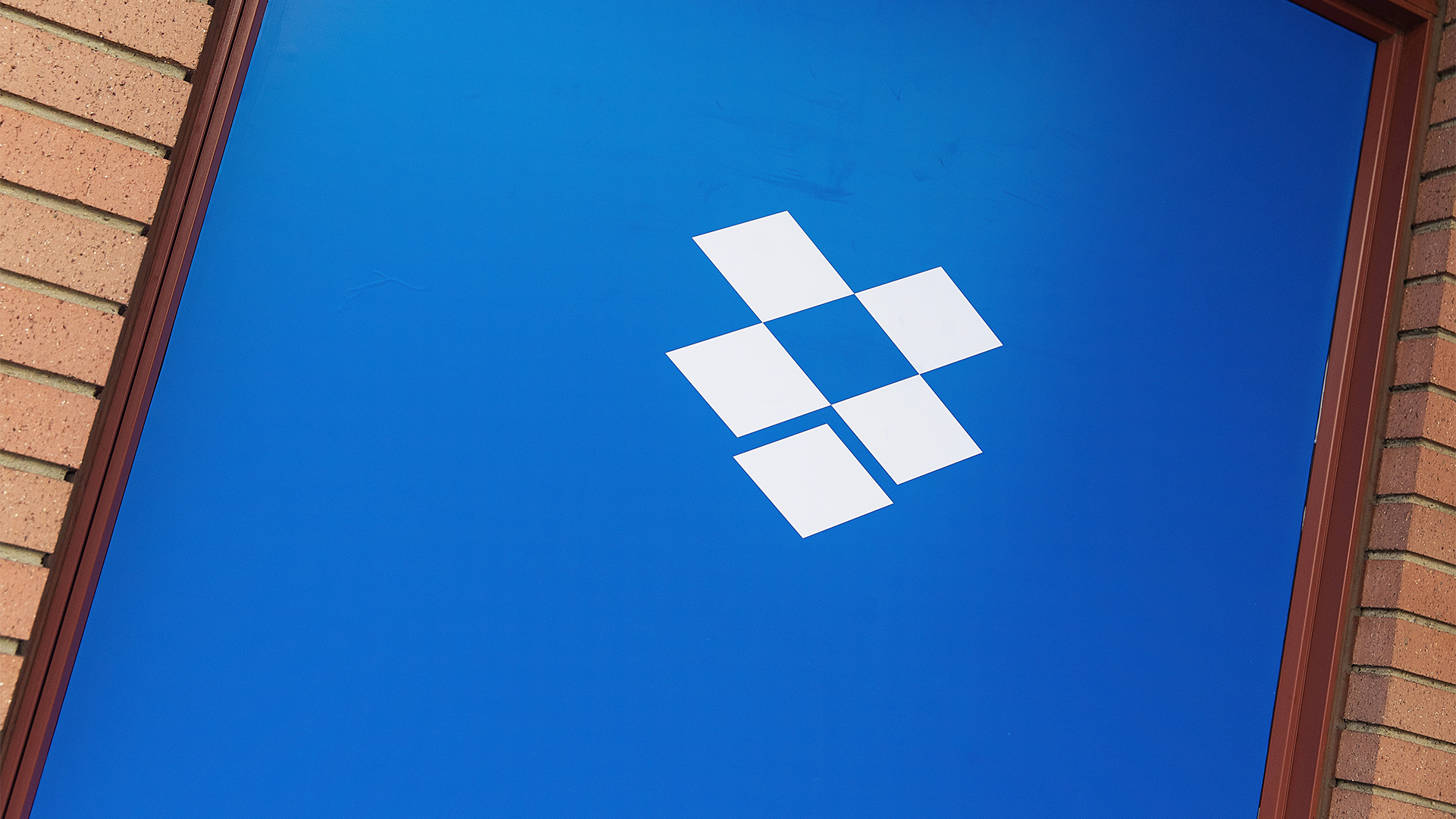 Dropbox is adding a range of handy new AI features – here’s what users can expect
Dropbox is adding a range of handy new AI features – here’s what users can expectNews Long-awaited features from Dash AI will be integrated within Dropbox
-
 Global PC shipments surge in Q3 2025, fueled by AI and Windows 10 refresh cycles
Global PC shipments surge in Q3 2025, fueled by AI and Windows 10 refresh cyclesNews The scramble ahead of the Windows 10 end of life date prompted a spike in sales